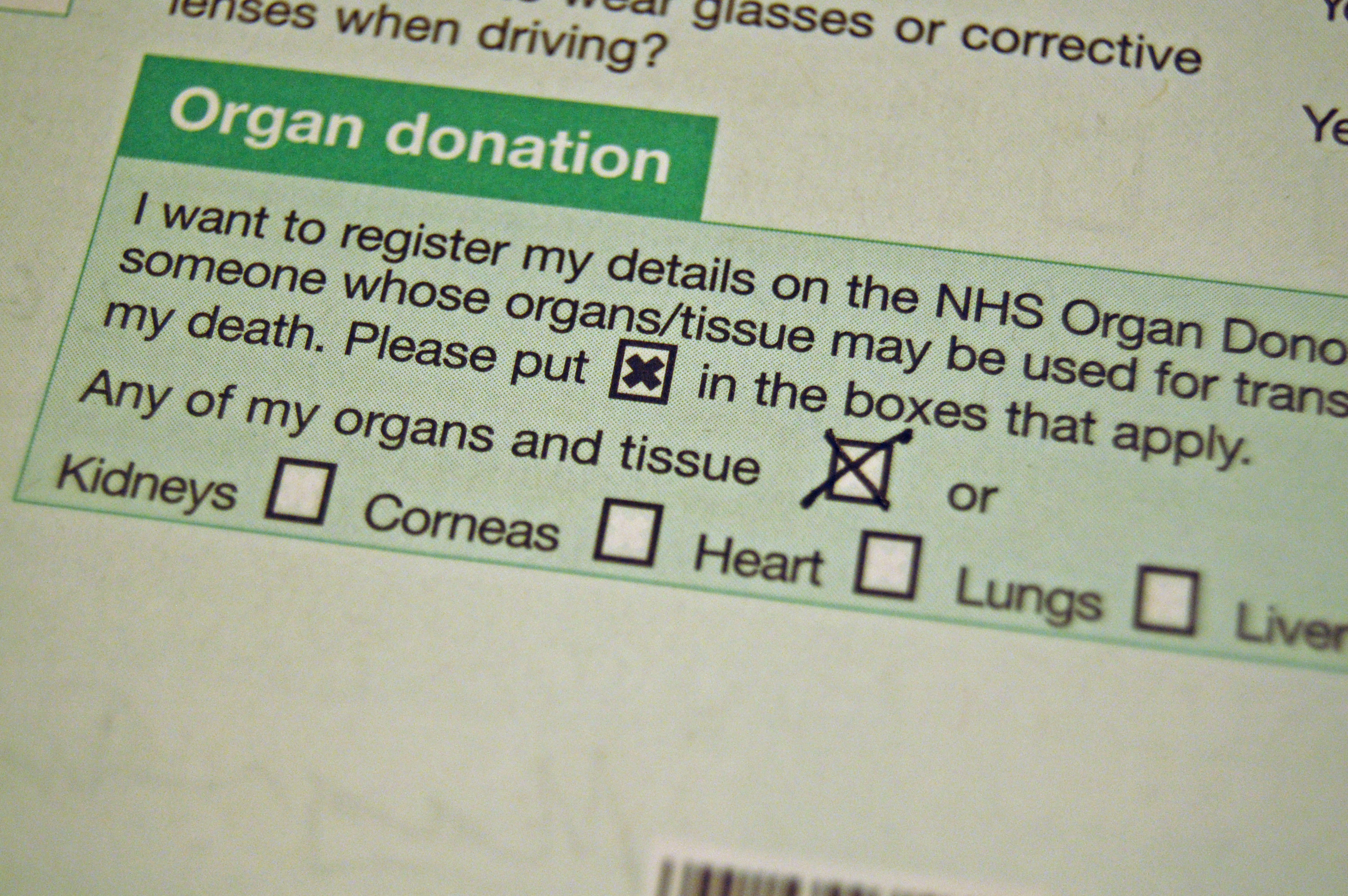Views expressed in opinion columns are the author’s own.
A University of Maryland sophomore, Shani Kamberi, recently authored a bill that would require Maryland high schools to teach their students about organ and tissue donation. A bill of this nature is absolutely necessary. When I got my driver’s license, I did not understand what organ donation was, or why I should be interested in signing up to be a donor. This bill would help inform students as they get ready to make the decision about whether or not to be a donor. The bill could also make a small dent in the enormous number of people on organ waiting lists. However, much more needs to be done to help these people get organs. More than 110,000 people in the United States are on organ waiting lists, with more than 95,000 of those people waiting for a kidney.
[Read more: A UMD student wrote a bill mandating education on organ donation]
On average, 20 people die each day while waiting for a transplant. People who need a kidney have end stage renal disease. This is a life threatening condition that can only be held at bay by dialysis for so long. At some point, a transplant will become necessary, or the person will die. Lucky for us, humans have two kidneys — but only need one to survive. The risk of dying during surgery to remove a kidney is very low; 3.1 in 10,000. Furthermore, there is no real evidence that donating reduces life expectancy in a significant way. Thus, there should be a legal system for people to sell their kidney.
Currently, people get kidneys from either deceased or living donors, who are usually family members. It is very rare for someone to get a living donation from a stranger. However, people do turn to the black market to purchase kidneys. These organs often come from exploited people in developing countries. The buyers must be able to afford exorbitant prices. The result is the exploitation of the poor to the benefit of the wealthy.
This illegal system works against the principles of equality and fairness set forth by the waiting list used to allocate organs in the United States. A legal system of kidney sales could not only reduce deaths from kidney disease, but also maintain these principles, instead of allowing the black market to promote a system that solely benefits the wealthy.
This would not be the first time the sale of human cells was legalized. People can sell sperm or eggs so others who are single or unable to conceive a child can start a family. Selling a kidney is arguably not as significant in many respects, and produces a greater benefit. Our organs do not define us or our value as people. Neither do sperm nor eggs. However, when we sell sperm or eggs, those cells are used to create children that will receive half of their genetic code from us. Selling a kidney does not result in the same donation of the genetic code that makes us who we are. Furthermore, selling a kidney will save the life of a man, woman or child. There is arguably no better service one can do than save the life of another.
Giving a kidney to someone who needs it will save a life with little risk to the donor. However, it is unreasonable to expect people to take on that risk without further reward. With a legal system of paid kidney donations, the issues of the black market can be avoided and lives can be saved. Plus, who wouldn’t want to save a life while reducing their student debt?
Mitchell Rock is a senior government and politics and physiology and neurobiology major. He can be reached at mrock13@umd.edu.



